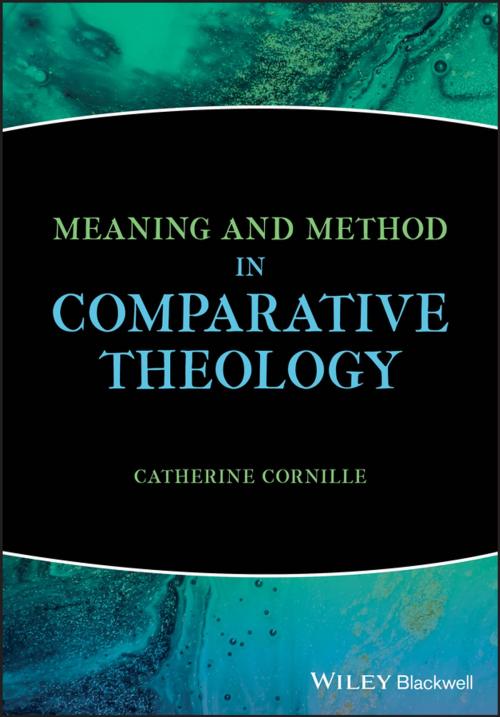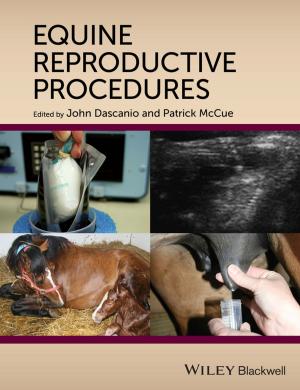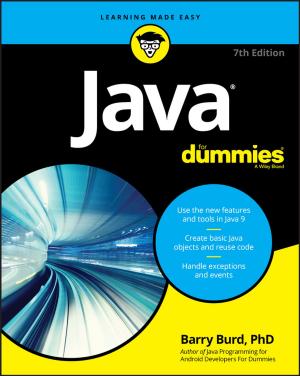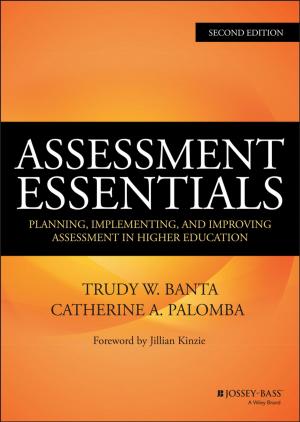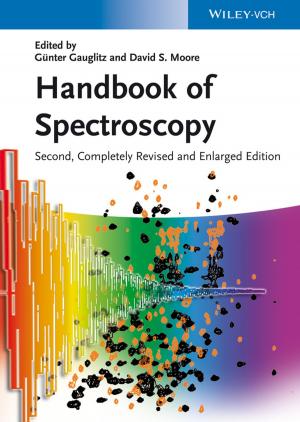Meaning and Method in Comparative Theology
Nonfiction, Religion & Spirituality, Reference, Comparative Religion| Author: | Catherine Cornille | ISBN: | 9781119535249 |
| Publisher: | Wiley | Publication: | February 21, 2019 |
| Imprint: | Wiley-Blackwell | Language: | English |
| Author: | Catherine Cornille |
| ISBN: | 9781119535249 |
| Publisher: | Wiley |
| Publication: | February 21, 2019 |
| Imprint: | Wiley-Blackwell |
| Language: | English |
The first systematic overview of the field of comparative theology
Meaning and Method in Comparative Theology offers a synthesis of and a blueprint for the emerging field of comparative theology. It discusses various approaches to the field, the impact of religious views of other religions on the way in which comparative theology is conducted, and the particularities of comparative theological hermeneutics. It also provides an overview of the types of learning and of the importance of comparative theology for traditional confessional theology. Though drawing mainly from examples of Christian comparative theology, the book presents a methodological framework that may be applied to any religious tradition.
Meaning and Method in Comparative Theology begins with an elaboration on the basic distinction between confessional and meta-confessional approaches to comparative theology. The book also identifies and examines six possible types of comparative theological learning and addresses various questions regarding the relationship between comparative and confessional theology.
- Provides a unique and objective look at the field of comparative theology for scholars of religion and theologians who want to understand or situate their work within the broader field
- Contains methodological questions and approaches that apply to comparative theologians from any religious tradition
- Recognizes and affirms the diversity within the field, while advancing unique perspectives that might be the object of continued discussions among theologians
Meaning and Method in Comparative Theology offers an important basis for scholars to position their own work within the broader field of comparative theology and is an essential resource for anyone interested in theology conducted in dialogue with other religious traditions.
The first systematic overview of the field of comparative theology
Meaning and Method in Comparative Theology offers a synthesis of and a blueprint for the emerging field of comparative theology. It discusses various approaches to the field, the impact of religious views of other religions on the way in which comparative theology is conducted, and the particularities of comparative theological hermeneutics. It also provides an overview of the types of learning and of the importance of comparative theology for traditional confessional theology. Though drawing mainly from examples of Christian comparative theology, the book presents a methodological framework that may be applied to any religious tradition.
Meaning and Method in Comparative Theology begins with an elaboration on the basic distinction between confessional and meta-confessional approaches to comparative theology. The book also identifies and examines six possible types of comparative theological learning and addresses various questions regarding the relationship between comparative and confessional theology.
- Provides a unique and objective look at the field of comparative theology for scholars of religion and theologians who want to understand or situate their work within the broader field
- Contains methodological questions and approaches that apply to comparative theologians from any religious tradition
- Recognizes and affirms the diversity within the field, while advancing unique perspectives that might be the object of continued discussions among theologians
Meaning and Method in Comparative Theology offers an important basis for scholars to position their own work within the broader field of comparative theology and is an essential resource for anyone interested in theology conducted in dialogue with other religious traditions.
